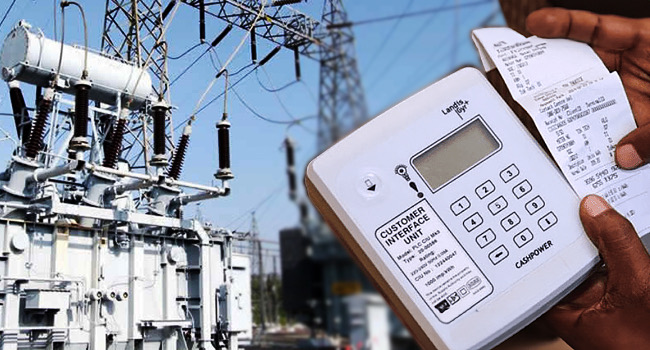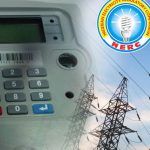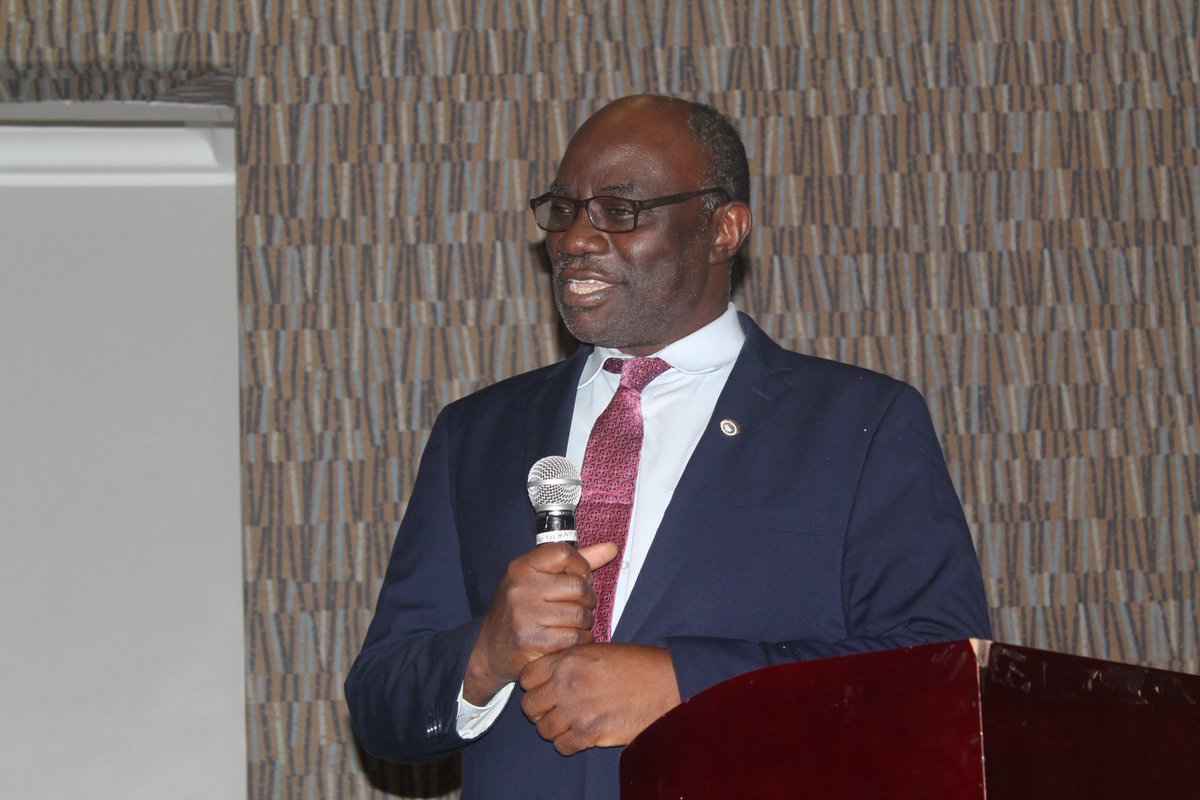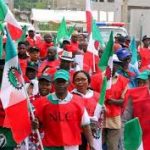The Federal Government has announced plans to increase electricity tariffs in the coming months as part of efforts to establish a cost-reflective pricing system that attracts private investment. However, the government has assured that subsidies will be provided to protect less-affluent consumers from the impact of the tariff adjustments.
Special Adviser to the President on Energy, Olu Verheijen, disclosed this at the Africa Heads of State Energy Summit in Dar es Salaam, Tanzania, where Nigeria also presented a $32 billion plan to expand electricity access by 2030. She noted that while the government is working towards making electricity tariffs more reflective of actual supply costs, it remains committed to shielding vulnerable Nigerians from excessive financial burdens.
“One of the key challenges we’re looking to resolve over the next few months is transitioning to a cost-efficient but cost-reflective tariff so that the sector generates the revenue required to attract private capital while also protecting the poor and vulnerable,” Verheijen state.
Nigeria’s electricity sector has long been plagued by inefficiencies, financial losses, and inadequate supply. The current tariff structure does not fully reflect the cost of power generation and distribution, leading to persistent liquidity challenges in the sector. Over the years, electricity distribution companies (DisCos) have accumulated massive debts, partly due to the gap between what consumers pay and the actual cost of electricity supply.
To address these issues, the government has been under pressure to implement a pricing system that allows electricity providers to recover their costs and attract private-sector investment. However, previous attempts to adjust tariffs have been met with public resistance, as many consumers argue that power supply remains unreliable despite higher charges.
Last year, the government approved a threefold increase in electricity tariffs for Band A customers—those who receive at least 20 hours of power daily. However, this category represents only a small fraction of electricity users in the country, while millions of Nigerians still experience irregular power supply despite being charged higher rates.
While the government insists that higher tariffs are necessary to stabilize the power sector, the planned increase has sparked concerns among businesses and households already struggling with rising costs of living. Many Nigerians rely on alternative power sources such as generators and solar energy due to the unreliability of the national grid. A tariff hike, if not matched with significant improvements in supply, could worsen economic pressures on citizens.
The government has assured that any tariff adjustment will be implemented gradually and that subsidies will remain in place to cushion the impact on low-income consumers. However, details of how these subsidies will be administered remain unclear.
Meanwhile, energy experts argue that beyond tariff increases, the government must focus on improving transmission and distribution infrastructure, tackling corruption in the power sector, and ensuring accountability among electricity providers. Without these reforms, they warn that higher tariffs may not translate into better service delivery.
As the federal government moves forward with its electricity sector reforms, stakeholders will be watching closely to see how the planned tariff adjustments will be implemented. While investors and power companies may welcome a cost-reflective tariff, Nigerians will expect tangible improvements in electricity supply before accepting higher bills.
With millions of homes and businesses relying on stable power for productivity, the government faces a tough balancing act—ensuring that the sector remains financially viable while keeping electricity affordable for the average consumer. How well it manages this transition could determine the success of its broader energy agenda in the years ahead.










